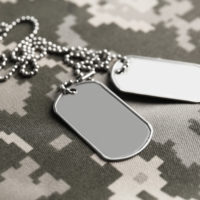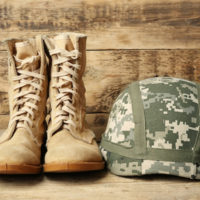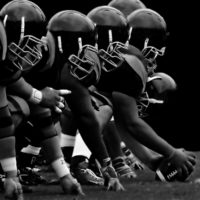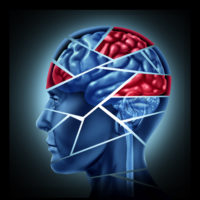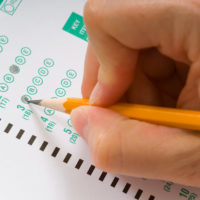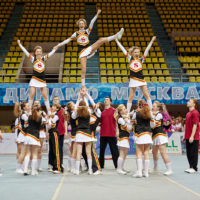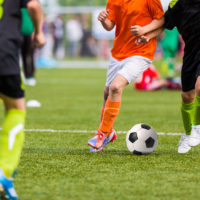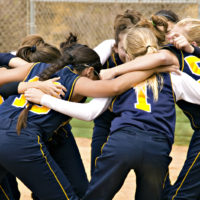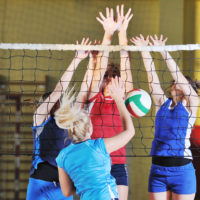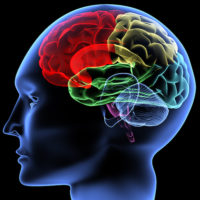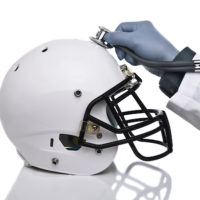Archive
Text
A Veteran Talks About his Brain Injuries and Care at the VA
A veteran talks about his experiences with several concussions, and his successful treatment with cognitive and group therapies at the Veterans Administration program in Martinez, California.
Military Blast Injuries Can Injure More than the Brain
Military blast injuries can impact the brain, the lungs, the heart, and other organs in the body. Early diagnosis is very important.
Brain Injury Research — Still Lacking in the 21st Century
There are many unanswered research questions about concussion diagnosis, pathophysiology, risk factors, and effective treatments. About 50 are included here to emphasize the fact that we still need a lot more research in brain injury medicine for advances in diagnosis and treatment.
What’s It Like to Have a Brain Injury?
Stories of people who experience a traumatic brain injury can help to support and educate others. Seth had a protracted recovery, but ultimately a good one. (2 parts)
What Effect Does Concussion Have on Learning?
Stories of athletes like Brittany who experience concussions or more severe brain injuries can help to educate others. She did get back on track.
A Parent’s Key Role after a Child’s Concussion
Parents play a major role in identifying the effects of concussions in their daughters and sons, helping them manage symptoms, and supporting their recovery.
Be a Parent Advocate for Children and Youth Sports Concussions
Parents must communicate with the school after their son or daughter has a concussion to make sure that there are accommodations if needed during recovery.
Empowering Your Kids to Speak up About Concussions in Youth Sports
There are many reasons why kids do not report concussions. They must be educated about brain injuries, including concussions. They must be empowered to report to an adult any symptoms after a blow to the head, neck, or body that causes neurological symptoms (like dizziness, headache, or confusion). Removal from the sport or activity followed by evaluation by a licensed healthcare provider should be expedited.
Talk to Your Kids About the Concussion Risk of Collision Sports
Children and adolescents must understand that if they have any symptoms after a blow or jolt to the head or neck they must stop immediately and get help from an adult.
A Neuropsychologist is a Brain Injury Expert
Neuropsychologists are psychologists with training in brain functioning. They offer evaluations, education, and counseling for people with brain injuries. Health can educators help, too, because education is a key part of concussion care.
What is ImPACT for Concussion and Who is It For?
The Immediate Post-Concussion Assessment and Cognitive Test (ImPACT), an FDA-approved computerized tool for evaluating people with a suspected concussion, is not a stand-alone diagnostic tool. A comprehensive evaluation that includes additional cognitive testing, a physical examination, and a care plan are necessary.
Getting Top-Notch Care after a Concussion
Concussion clinics vary in terms of protocols and personnel. Neuropsychologist Richard Delmonico discusses one model in the Kaiser Permanente health system.
Keep up to date
Get updates on the latest in concussion, brain health, and science-related tools from Dr. Elizabeth Sandel, M.D.
By clicking SIGN UP, you agree to receive emails from Dr. Sandel and agree to our terms of use and privacy policy.
